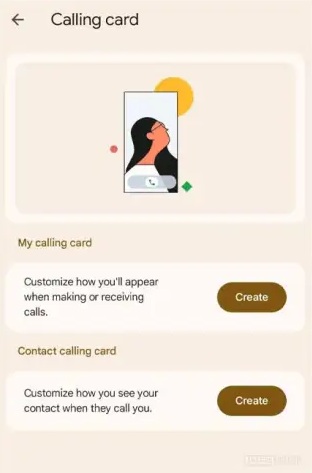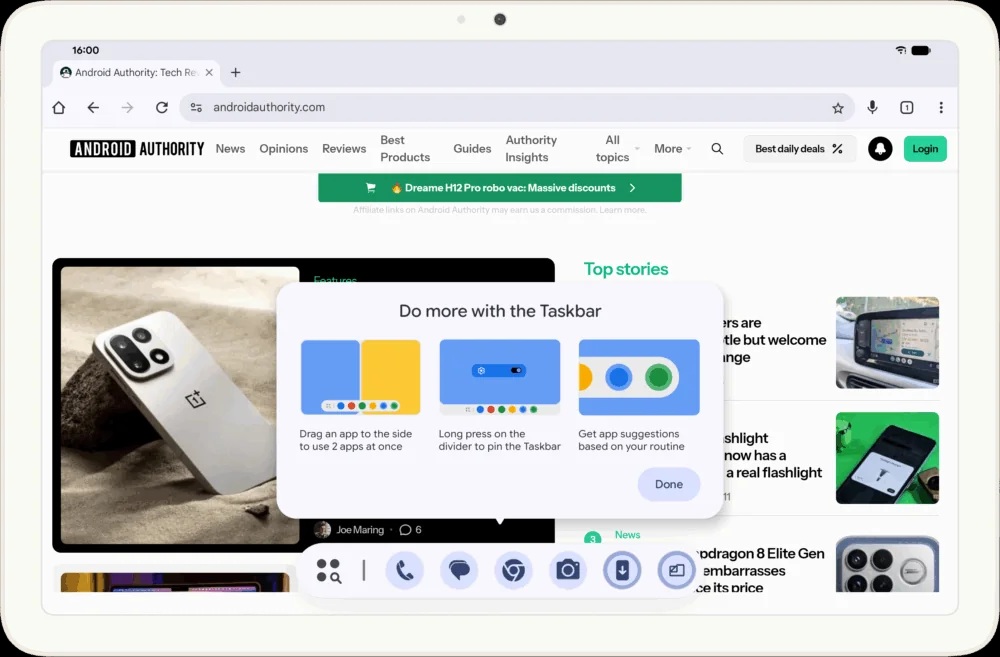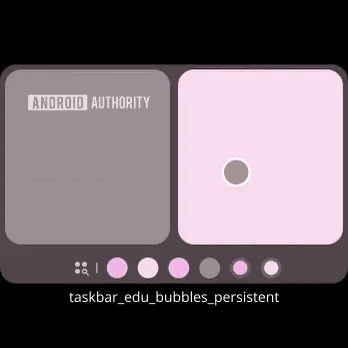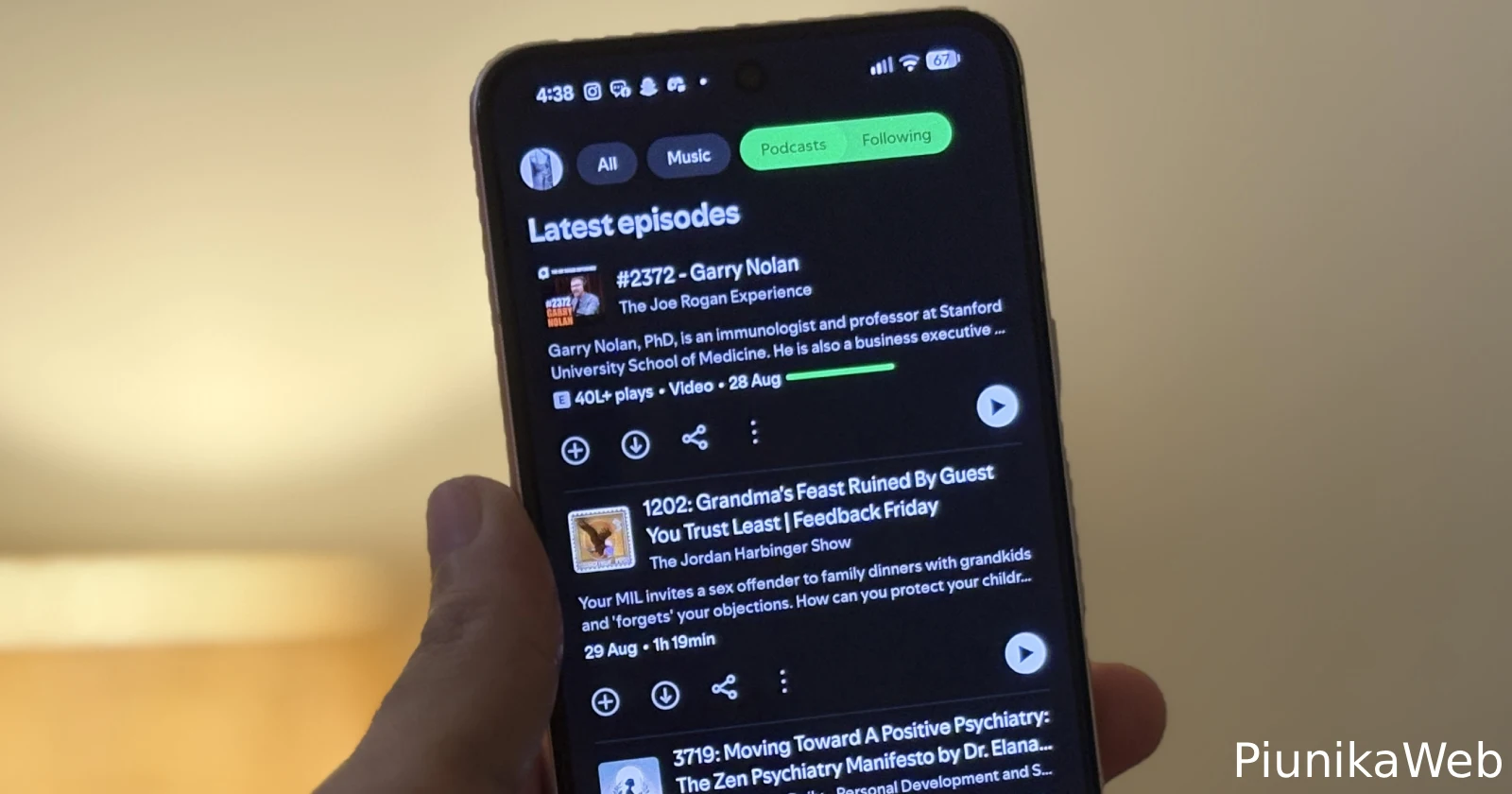This weekend was a busy one in the world of Google Pixel, bringing news that touches on the very core of the platform’s future, from privacy and open-source support to tangible improvements in hardware and software.
We’re digging into a potential crossroads for privacy enthusiasts with the Pixel 10, a major multitasking upgrade in the works for the Pixel Tablet, glowing early impressions for the new Pixel 10 Pro Fold, and a social-style feature that could change your caller ID in the Google Phone app.
The Pixel 10 could be the last truly privacy-friendly Pixel
For years, the go-to recommendation for a privacy-first smartphone has been a Google Pixel running GrapheneOS. That long-standing partnership may be coming to an end, as the GrapheneOS project has announced it’s partnering with an unnamed manufacturer to support a Snapdragon-powered device.
This doesn’t mean your current Pixel is in trouble. GrapheneOS has committed to supporting its existing devices, including the upcoming Pixel 10 series, through their end-of-life. However, support for the Pixel 11 and beyond is now uncertain.
So, why the shift? A few of Google’s recent decisions have made life harder for third-party developers:
- Closed-off development: Google has moved Android Open Source Project (AOSP) development to a private internal branch, causing significant delays in the release of source code for security updates and Android 16 betas.
- Lack of device support: Google has stopped providing complete and timely device trees, driver binaries, and kernel sources for Pixels. This erodes a key advantage Pixels once held, making it much harder to build custom ROMs.
- Security embargoes: The practice of releasing security patches to OEMs under embargo for months before publishing the source code has created transparency concerns and potential security windows that projects like GrapheneOS find problematic.
While the Pixel 10 will still be a great choice for privacy, the future is hazy. The move by GrapheneOS suggests that a powerful, non-Google alternative is on the horizon, potentially marking a pivotal moment for privacy-conscious Android users.
Google Phone app may soon get “My calling card”, a social touch for Pixel calls
The Google Phone app could soon let you set your own calling card instead of just custom contact backgrounds for others. Hidden in version 197.0.821392025-publicbeta-pixel is a new “My calling card” section with a “Create” button, hinting that users will soon be able to personalize how they appear on someone else’s screen when calling.

Think of it as a profile photo for your calls, tied to your Google Account and shown to anyone using the Google Phone app. The feature builds on the expressive visual revamp that hit Pixels earlier this year and aligns with Google’s broader push to make even voice calls feel more personal.
No rollout date yet, but it’s a feature that could make the humble dialer feel a bit more human and a little more “Pixel.”
Pixel Tablet and other Android slates set for a huge multitasking boost
Google is continuing its push to make Android tablets more productive, and a powerful new multitasking feature appears to be on the way. Evidence suggests Google is reviving and refining its “bubble anything” feature, which would allow users to launch any app into a floating window.
Discovered within the latest Android Canary release (build 2510), new strings and an animation inside the Pixel Launcher app reveal how this would work. Users will be able to drag an app icon from the taskbar to the bottom corners of the screen, instantly launching it into a floating bubble.

This gesture is intuitive and aligns with the existing split-screen function, which is activated by dragging an app to the side of the screen. The animation clearly shows an app being dragged from the taskbar and dropped into the corner, where it transforms into a small, movable bubble.

While this feature was first spotted a year ago and thought to be scrapped, this new evidence, complete with a user-facing tutorial, is a strong sign that it’s nearing a public release. We don’t have a firm timeline, but it could potentially arrive with the Android 16 March QPR3 update next year. For Pixel Tablet owners, this would be a game-changing addition for juggling multiple apps on the big screen.
The Pixel 10 Pro Fold is winning over its early buyers
Meanwhile, Google’s newest foldable, the Pixel 10 Pro Fold, is quietly defying expectations. With return windows closing, early adopters across Reddit and tech forums are overwhelmingly reporting no plans to return their units.
Owners cite battery life, hinge feel, and day-to-day usability as standout improvements. The Fold’s outer display finally feels like a “real phone,” and the inner canvas, paired with Android’s growing multitasking muscle, is earning praise as a tablet replacement for professionals.
Even camera nitpicks haven’t dulled enthusiasm. Most users say the Fold’s “good enough” imaging is a fair trade for the productivity perks. If this sentiment holds, the Pixel 10 Pro Fold could mark Google’s first truly mainstream foldable that people recommend and not just tolerate.
The Pixel ecosystem feels like it’s splitting in two directions: tighter Google control on one side, and more user freedom and flexibility on the other. Whether you’re a privacy purist, a foldable enthusiast, or just waiting for the Pixel Tablet to earn its name, this weekend’s news paints a clear picture: Google’s hardware is maturing fast, even if its software philosophy is tightening just as quickly.


